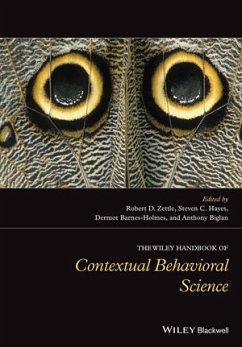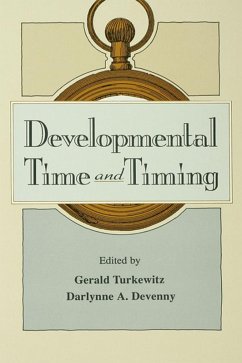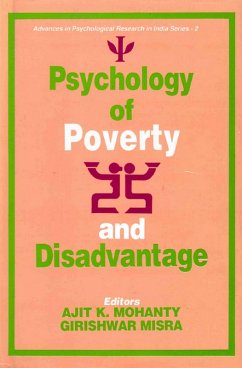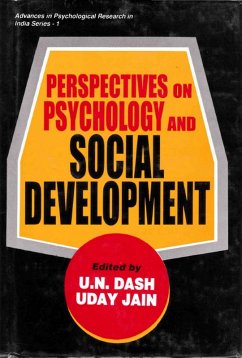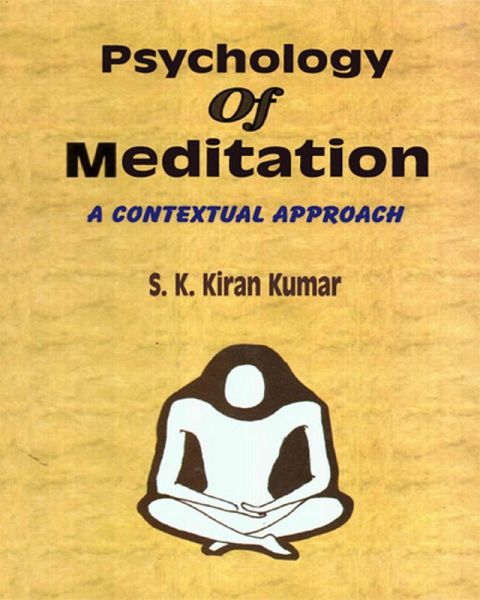
Psychology of Meditation: A Contextual Approach (eBook, ePUB)

PAYBACK Punkte
14 °P sammeln!
Scientific studies on the nature and effects of meditation have steadily increased in the last four decades. Most of them have focused on the healing potential of meditative practices. Meditation as a way of exploring different states of consciousness has also been investigated. Yet, controversy surrounds regarding the approach and strategies followed in meditation research. Approaching meditation purely as a psychological technique that can be put into use to achieve any intended goal is dissented. It is forcefully argued that such an approach has done injustice to the original meaning and si...
Scientific studies on the nature and effects of meditation have steadily increased in the last four decades. Most of them have focused on the healing potential of meditative practices. Meditation as a way of exploring different states of consciousness has also been investigated. Yet, controversy surrounds regarding the approach and strategies followed in meditation research. Approaching meditation purely as a psychological technique that can be put into use to achieve any intended goal is dissented. It is forcefully argued that such an approach has done injustice to the original meaning and significance of meditation. To put it metaphorically, contemporary thrust on meditation is like using a space ship to lift cargo across a ten-kilometre distance! Need for examining meditative phenomena contextually is emphasised. This book examines some of the above issues and reports a research study conducted from a contextual viewpoint. The findings of the study suggest that the understanding of the phenomenon of meditation depends on the meditator, or the person, as a context. The findings also indicate that the process of meditation is dynamic. That means as the meditator undergoes changes in one''s belief system, values, expectations, and perceptions one''s meditation practice changes. Several properties discussed under the three categories interact simultaneously to determine the phenomenon. Thus, to conceptualise meditation as a univariate phenomenon may be grossly erroneous. It is, therefore, more appropriate to treat it as a multivariate phenomenon. The findings have implications for the research strategies to be adopted.
Dieser Download kann aus rechtlichen Gründen nur mit Rechnungsadresse in A, B, BG, CY, CZ, D, DK, EW, E, FIN, F, GR, HR, H, IRL, I, LT, L, LR, M, NL, PL, P, R, S, SLO, SK ausgeliefert werden.




